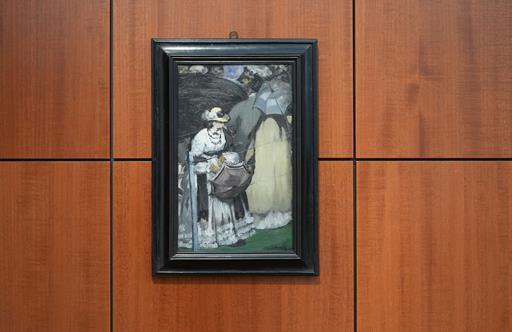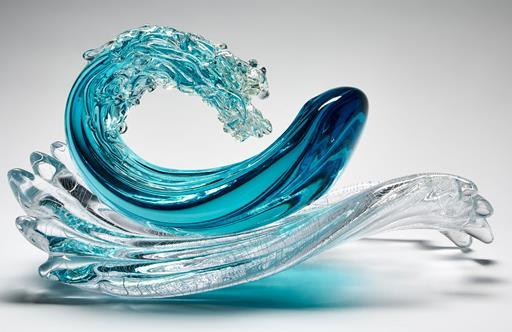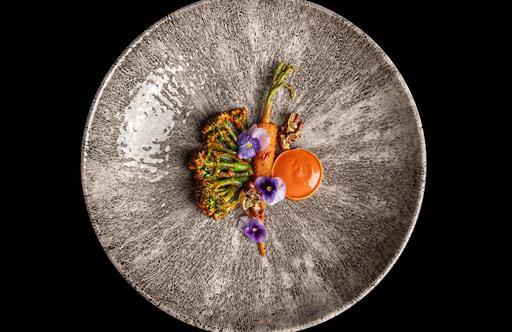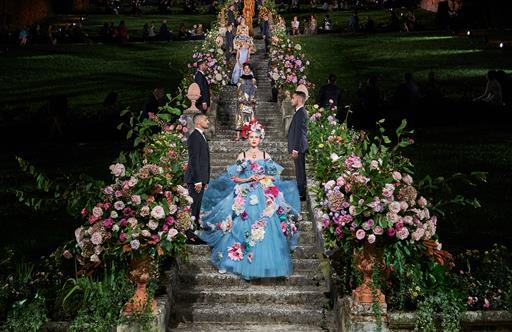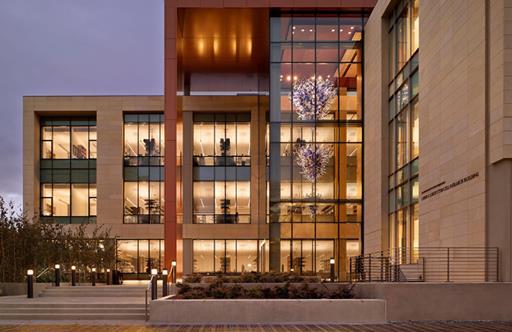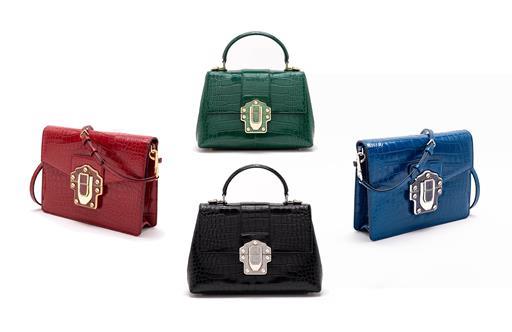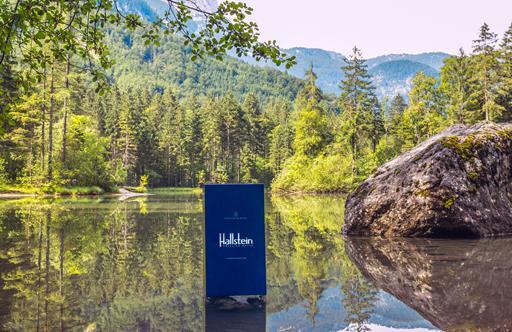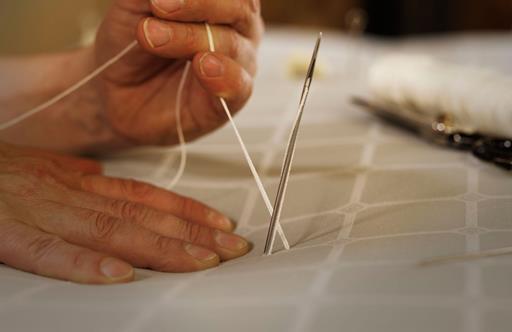Keepers of the Flame
Spanning Mykonos to the mainland, these family-run hotels honour unique identities, but all celebrate a genuine sense of Greek hospitality.
In the 1950s, Mykonos was a very different island. A place where barter deals – cheese for coffee, sausages for spaghetti – were the way of life. In the 1960s, the island started to attract a jet-set crowd, and in 1979, George Daktylides became the island’s third hotelier, opening a property overlooking what is now one of its most famous sites: the 16th-century windmills.
Born and brought up in Mykonos, Daktylides always had an entrepreneurial spirit – pre-hotels, he introduced the island’s first public transport, a fleet of buses. Later, he and his wife, Eleftheria, made sacrifices to build a hotel group: “They often worked day and night,” says Vangelis Daktylides, one of their four sons, who together lead Myconian Collection today. “They were willing to take risks to build something lasting for our family and the community.” Their mother “even cooked breakfast for the guests,” Vangelis muses, “a reflection of her love for our culture and desire to make guests feel at home”.
Mykonos has changed at an eye-watering speed since the family’s first hotel, the 25-key Kohili, first opened in 1979, but George and his family remained at the forefront. In 1992, the Daktylideses opened the island’s first luxury hotel, the Myconian Ambassador, and in spring 2024, they revealed their latest, Deos. The family’s hotels stand out thanks to their deep- rooted knowledge and love of the island they call home.
 Myconian Ambassador
Myconian Ambassador Deos
Deos
Home – Greece – is just as important to Grecotel’s third-generation hotelier Odyssia Sifounaki Daskalantonakis, who, in 2023, joined the hotel group alongside her mother Mari Daskalantonakis, managing director, and grandfather Nikos Daskalantonakis, the group’s founder and president. Being a family-run business “means a great sense of responsibility, given that we are the biggest hotel chain in Greece and, well, Greek!” quips Odyssia, vowing that guests “must fall in love with the destination.”
The Daskalantonakis family, who meet in their Athens office daily, aim to convey a sense of place at each of their 40 properties spanning Greece. Mirroring creative Athens, The Dolli is bursting with art; in Alexandroupolis, just 40 kilometres from Turkey, Ottoman-esque “Kemer”-style archways frame the spa pool; at Mykonos Blu, blue donkey sculptures pay homage to the animal that helped build the island; and in Crete, where founder Nikos, a former olive-oil trader, opened his first hotel, you’ll “taste olive oil and dry rusks as we eat them,” reflects Odyssia.

 The Dolli
The Dolli
Elsewhere in Crete, a 16th-century building- turned-guesthouse once housed an active oil press. Metohi Kindelis was bought in 1912 as a family home by a man named Kyriakos. His great-granddaughter Danai Kindeli – now co-owner of the property – reveals that his wife, Victoria “was from a prominent Greek family based in Istanbul,” and “followed her husband to Crete”. Victoria converted the land into a commercial fruit farm. It wasn’t until 1995 that Danai’s uncle opened his first guesthouse, named “Danae” after her. The second and third followed in the 2000s, named after Danai’s sister, Kynthia, and father, Kyriakos. And the tasty legacy lives on with fresh, organic breakfast ingredients straight from the farm.
Unlike the Daktylides brothers, who felt a “natural inclination” to join the family hotels, or Odyssia Daskalantonakis, for whom it “felt like a natural step”, Danai never intended to. Travelling the world with ministries and embassies, in 2012, she “needed to escape,” and found herself back in Crete. In 2013, she took over from her uncle, keeping the family story – and farm – alive, growing fruit including apricot, guava and lemon. Her mother, an archaeologist, tends to the flowers, while Danai has introduced food- based wellness retreats and completed her WSET certification, curating a well-received Greek wine list.

 Metohi Kindelis
Metohi Kindelis
Agriculture is a way of life in the Peloponnese; fruit orchards, olive groves and vineyards are abundant across its fertile fields. Here, boutique hotel Dexamenes has been created within a long- abandoned winery. Owner Nikos Karaflos grew up nearby, recalling the site from his childhood as a “mysterious place our parents would never let us visit”. Nikos seems to have been connected to the site ever since: aged 13, he documented it at school and by fate – not coincidence (“I don’t believe in coincidences,” he states) – his father later bought the site for demolition. Nikos had other ideas; after a year-long campaign, he convinced his father it should become a hotel.
Original pipes and patina are preserved in the bedrooms (erstwhile wine tanks) and two former wine silos form an impressive centrepiece. Dexamenes has proved unique enough to entice tourists to the region, uses local contractors and farmers, and 90 per cent of its staff is local – some even attended the same school as Karaflos, and shared his curiosity about the abandoned winery. In a region with one of the country’s lowest per capita incomes, this is important, and is something that makes his father proud. His daughter, now six, has her footprints moulded into the concrete at the entrance, and from its beach, you can see the island of Zakynthos.

 Dexamenes
Dexamenes
It was in Zakynthos, 20 years ago, that a woman checked into a Porto Zante villa and hastily removed its Bulgari toiletries. CEO John Sotirakos worried something was wrong. It was only after she’d left that he realised he needn’t have: “The woman was Jo Malone – she had a preference for her own products,” he laughs. Sotirakos cares about the experience of every guest as deeply as he cares about their privacy. “You could easily spend a week here without seeing anyone,” he affirms.
There’s a reason Porto Zante is so private: it was never meant to be a hotel. Bought by Sotirakos’s father as a second home, the criteria was privacy – and this clifftop setting overlooking the Ionian Sea fit the bill. In 2002, the family opened the space to guests, but the change has been gradual. Now you’ll find nine villas with a private beach, a spa and two restaurants, including the original restaurant, along with its original chef. This privacy makes the hotel one of the most exclusive in Greece – Europe, even. Jo Malone may have been one of its first high-profile guests, but the list today is long – with many repeat visitors.

 Porto Zante
Porto Zante
Neither Sotirakos nor his father have plans to open another hotel. Nor do Danai Kindeli or Nikos Daskalantonakis. They all hold locality and legacy dear. In Greece, this is true of bigger hotel groups, too. “Running a family hotel means everything,” Vangelis Daktylides contemplates, “it’s not just about profit; it’s about preserving a legacy.” Odyssia Sifounaki Daskalantonaki and her family share the sentiment: “We all share a commitment,” she muses, “to infuse hospitality with personality and emotions, with our love of Greece, and with respect to our roots.”
Photo credits: courtesy of Myconian Collection, Christos Drazos, © Grecotel, © Metohi Kindelis, © Porto Zante Villas & SpA


